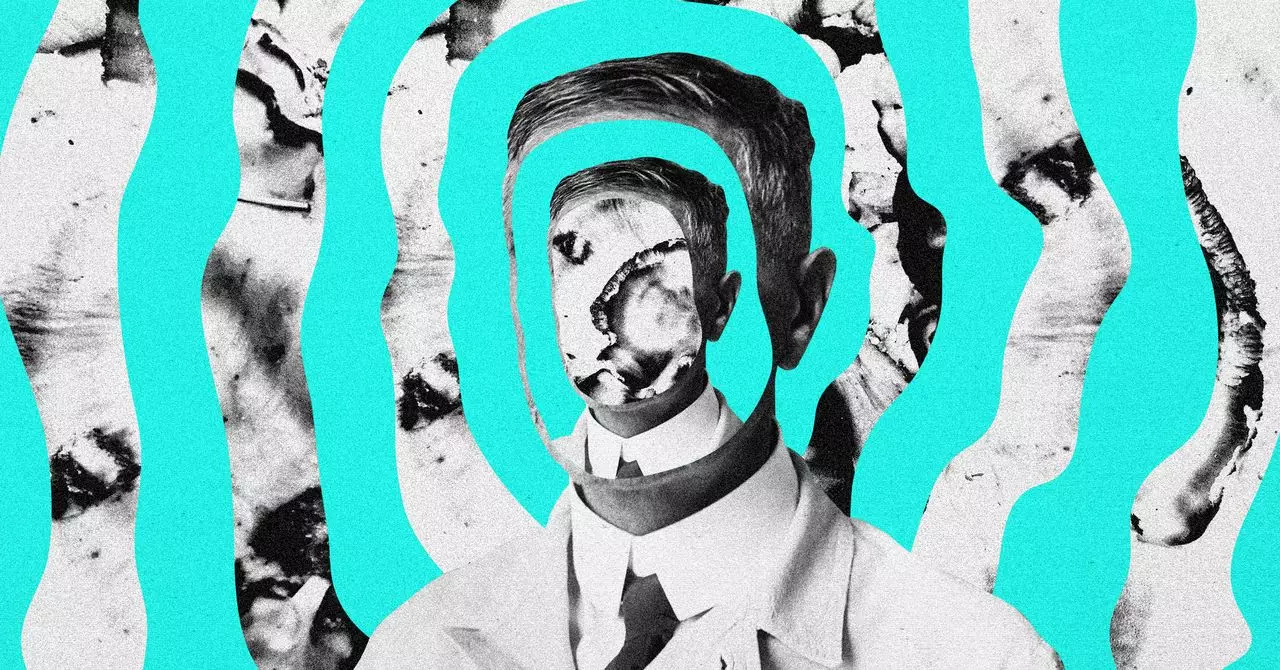Artificial Intelligence is increasingly permeating the realm of mental health treatment, promising to transform how practitioners support their patients. Among the innovators in this space, entrepreneurs like Christian Angermayer recognize the immense potential of AI to serve as an auxiliary tool rather than a substitute for human care. His vision highlights a future where AI functions as a supportive presence, assisting human therapists through motivational check-ins and lifestyle guidance between more intensive psychedelic sessions. This nuanced approach underscores a fundamental truth: while AI can enhance therapeutic support, the human element remains irreplaceable, especially during profound psychological experiences such as psychedelic trips.
It’s crucial to critically evaluate the claims of AI’s utility. AI can offer personalized reminders, emotional check-ins, and even challenge ingrained negative patterns. However, this technology’s limitations become painfully evident during the peak moments of psychedelic experiences where emotional nuance, non-verbal cues, and deep empathy are often beyond AI’s reach. Relying solely on machines during these vulnerable states risks overlooking the subtle intricacies of human consciousness that experienced therapists are trained to navigate. Therefore, the envisioned role of AI must be carefully balanced as a supplementary tool rather than a standalone solution.
The Personal Narratives: The Promise and Pitfalls of AI Self-Discovery
Personal testimonies provide compelling glimpses into how individuals perceive AI’s impact on their mental health journeys. Take the case of Trey, who, after minimal interaction with AI-based services, attributes his sustained sobriety and heightened self-awareness to the app Alterd. This narrative underscores AI’s potential for fostering introspection—serving as a virtual “subconscious” that collates journal entries, thoughts, and feelings. The concept that an AI can mirror and reflect one’s inner world resonates powerfully: it suggests a pathway toward self-understanding that is accessible, personalized, and non-judgmental.
Yet, the reliance on AI for such profound self-exploration raises questions about its depth and authenticity. While Trey reports positive outcomes, it’s premature to generalize these findings. AI lacks genuine emotional comprehension, nuance, and the ability to interpret complex subconscious signals. The risk lies in conflating superficial insight with meaningful psychological change. Is an AI-driven reflection enough to replace, or even complement, the nuanced guidance a skilled therapist provides? The danger exists that users might become overly dependent on these digital mirrors, potentially hindering authentic human connection and the messy, unpredictable nature of true self-awareness.
Ethical Challenges and Risks in AI-Enhanced Psychedelic Support
Despite promising innovations, the deployment of AI in sensitive therapeutic contexts invites serious ethical and safety concerns. The most pressing issue centers around the AI’s inability to perceive emotional subtleties—especially during intense psychedelic experiences where users may experience disorientation, distress, or even psychosis. The phenomenon of ChatGPT-induced psychosis, reported by online communities, demonstrates that AI-generated content can sometimes exacerbate mental health issues or trigger adverse reactions if not carefully managed.
Experts like neuroscientist Manesh Girn highlight a critical deficiency of current AI models: their lack of emotional attunement. Unlike human therapists, AI systems cannot truly co-regulate a user’s nervous system or gauge the intensity of ongoing psychological upheavals. While policies advocate for human oversight, the reality is that AI often operates without the nuanced understanding necessary during high-stakes mental states. The potential for misinterpretation or misguidance is significant, especially when users are vulnerable and in need of compassionate regulation.
Additionally, ethical questions regarding dependency, privacy, and informed consent must be addressed. Users need to understand the limitations of AI tools and be aware of their role as supplementary aids—not sole authorities—in their mental health journeys. Without rigorous safeguards, there’s a risk of overreliance on machines that cannot truly understand human suffering, potentially leading to harm instead of healing.
While AI’s integration into psychedelic and psychological support holds considerable promise, it remains a tool fraught with limitations and dangers. Its capacity to foster self-awareness and provide motivational guidance is undeniable, yet this must be tempered with vigilance and ethical responsibility. As AI continues to evolve, a critical eye must be kept on how it is deployed—ensuring it enhances, rather than diminishes, the profoundly human experience of healing. The road ahead demands a thoughtful synthesis of technological innovation and human compassion, recognizing that true mental health support hinges not solely on algorithms but on genuine understanding and connection.


Leave a Reply